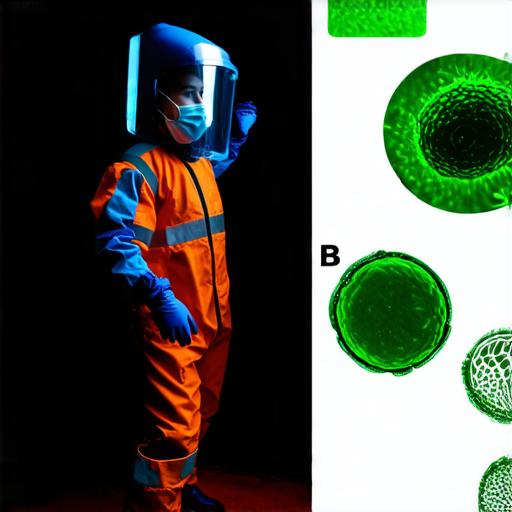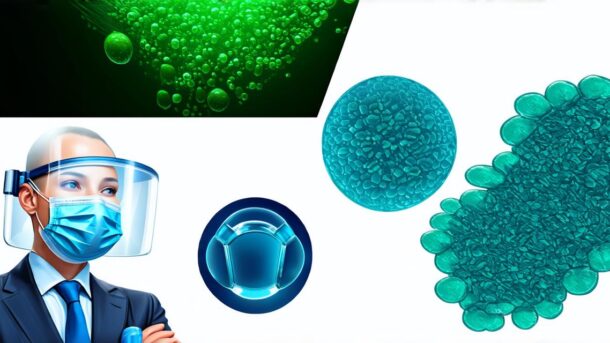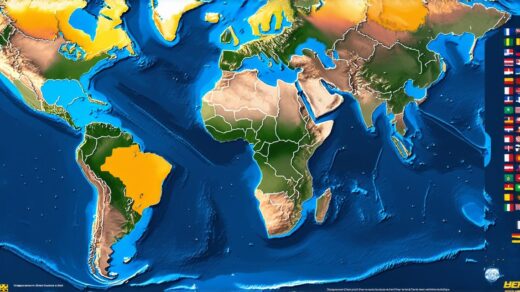Cryptosporidium is a microscopic parasite that can cause severe illness in both humans and animals. It spreads through contaminated water, food, or soil and can be difficult to detect.
Introduction
Cryptosporidium is a parasite that belongs to the genus Cryptosporidium and is transmitted through contaminated water or food. It can cause a range of symptoms, from mild gastrointestinal distress to severe diarrhea and dehydration. While most cases of cryptosporidium are not life-threatening, some individuals may be at higher risk of severe illness or complications.
Risks Associated with Cryptosporidium
Immunocompromised Individuals
Individuals with weakened immune systems, such as those undergoing chemotherapy, organ transplants, or HIV/AIDS, are at higher risk of severe illness from cryptosporidium. This is because their immune systems are not able to fight off the parasite effectively. In some cases, cryptosporidium can lead to life-threatening complications such as pneumonia and liver failure.
Children
Children are also at higher risk of severe illness from cryptosporidium. This is because their immune systems are not fully developed and may not be able to fight off the parasite effectively. In addition, children may consume more contaminated water or food than adults, increasing their exposure to the parasite.
Pregnant Women
Pregnant women are also at higher risk of severe illness from cryptosporidium. This is because their immune systems may be compromised during pregnancy, making them more vulnerable to infections. In addition, some studies have suggested that infections with cryptosporidium may increase the risk of preterm labor and low birth weight.
Protections Available to Prevent Cryptosporidium Infection
Proper Water Treatment
Proper treatment of drinking water is essential for preventing cryptosporidium infection. This includes disinfecting the water with chemicals such as chlorine or ozone, or using filtration systems that remove bacteria and parasites. In addition, individuals should avoid drinking untreated water from streams, lakes, or other natural sources.
Safe Food Handling
Safe handling of food is also essential for preventing cryptosporidium infection. This includes washing hands thoroughly before and after handling food, as well as cooking meat to a safe temperature. In addition, individuals should avoid consuming raw or undercooked eggs, poultry, or seafood, which may be contaminated with the parasite.

Personal Protective Equipment
Personal protective equipment (PPE) can also help prevent cryptosporidium infection in certain high-risk settings, such as farms or livestock operations. This includes gloves, masks, and goggles to protect against exposure to contaminated water or fecal matter.
Vaccination
Vaccines are available to prevent cryptosporidium infection in some individuals, such as those with HIV/AIDS. These vaccines work by stimulating the immune system to produce antibodies that can fight off the parasite.



